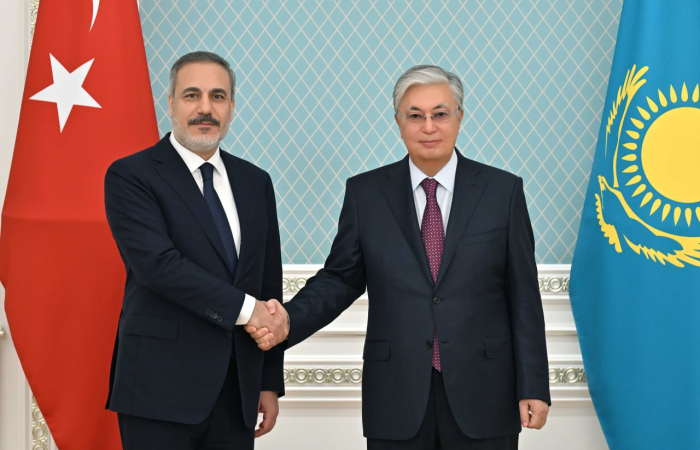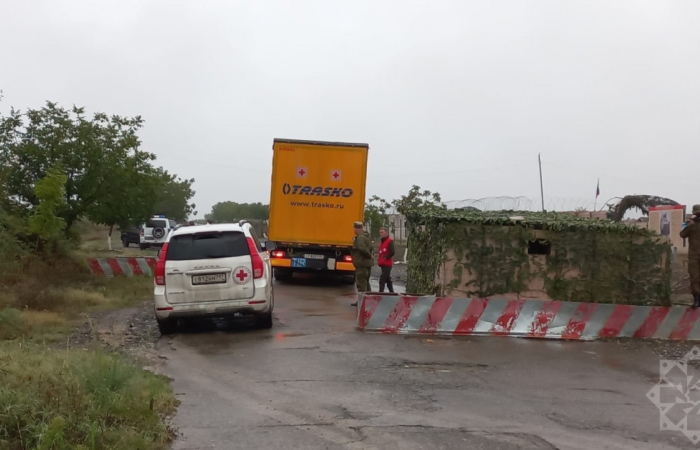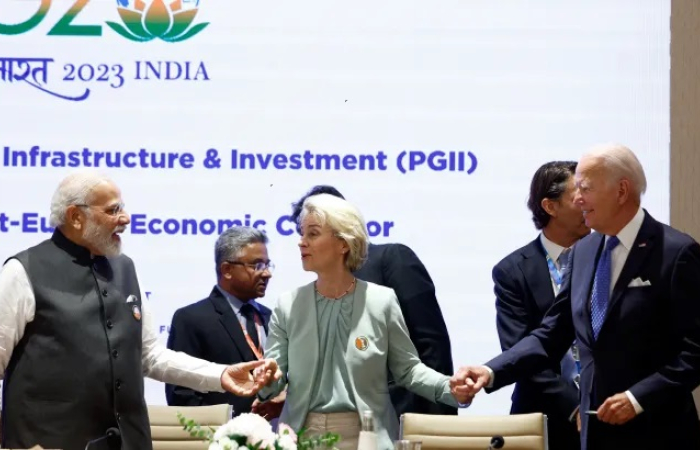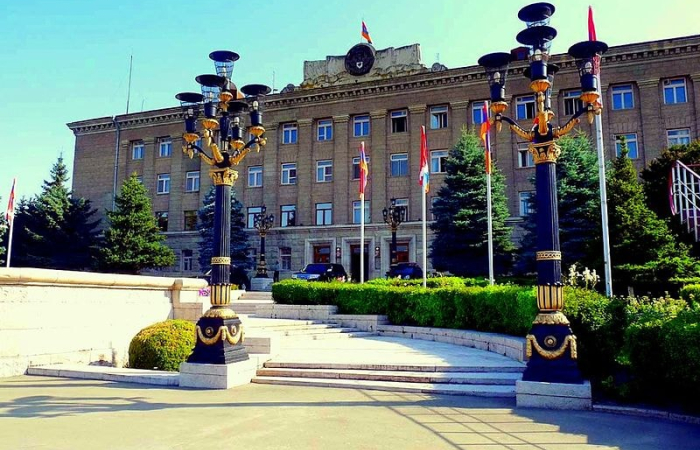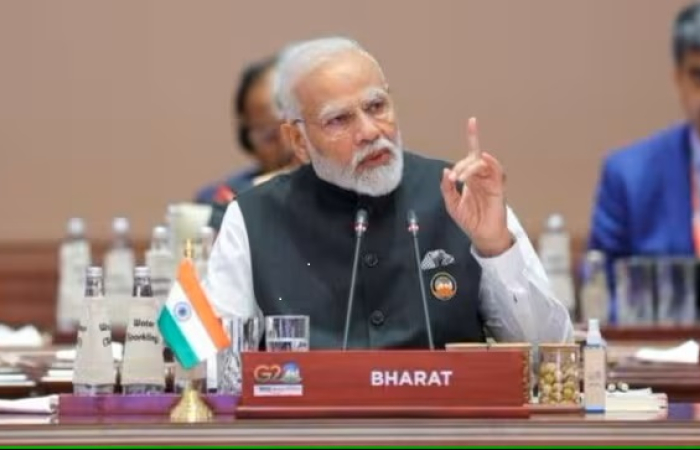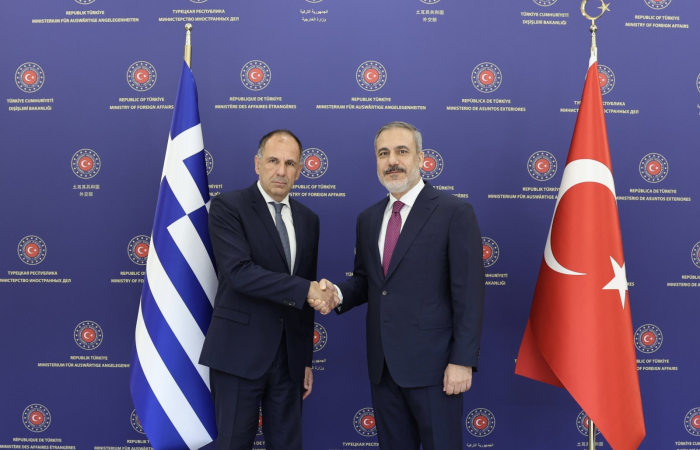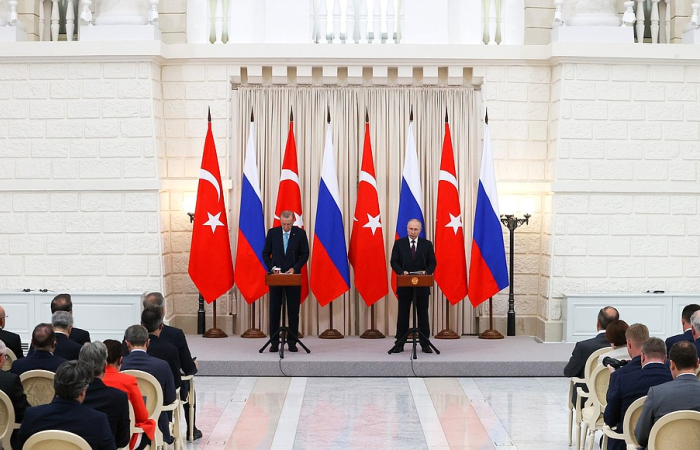Trending
Fidan in Kazakhstan as Turkiye consolidates its position in Central Asia
12 September 2023
Turkish Foreign Minister, Hakan Fidan was in Kazakhstan this as Türkiye intensifies its contacts with Central Asia, and the Turkic republics of the region with whom it shares strong historical and linguistic ties.
In Astana, Fidan met with the country's president Kassym-Jomart Tokayev on Monday (11 September). This was Fidan's first visit to Kazakhstan after his appointment as Turkish Foreign Minister, He was previously head of the country's intelligence service.
The visit is part of the preparations for the next summit of the Turkic States which will take place in Astana in November. The Organisation of Turkic States was established shortly after the collapse of the Soviet Union as Türkiye sought to rebuild old historical and ethnic and linguistic ties with the region. But at the time Russian pressure stopped the governments of the region from getting too close to Turkiye. The situation is now very different, and with governments across Central Asia seeking new openings to the rest of the world, the Turkish connection is becoming increasingly important.
Fidan conveyed greetings from President Recep Tayyip Erdoğan, highlighting that the Turkish side intends to make every effort to promote cooperation between the two countries and take interaction within regional and international structures to a new level. According to Fidan, the Turkish President plans to comprehensively discuss the prospects for strengthening the strategic partnership between the two states during his upcoming visit in November, which is set to coincide with the summit of the Organization of Turkic States.



